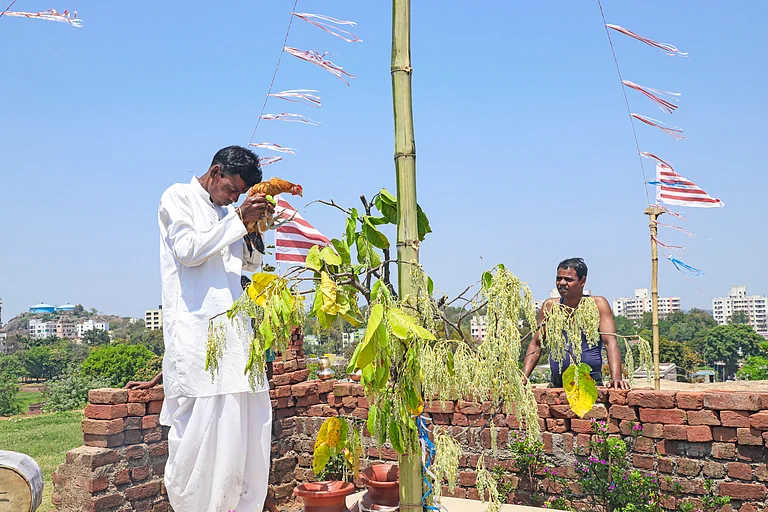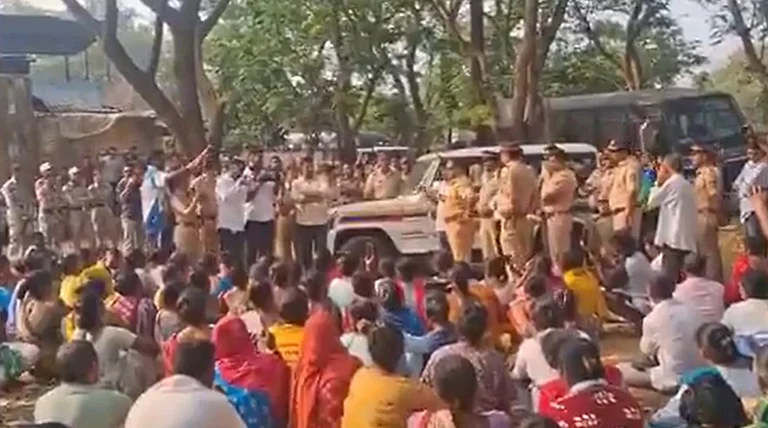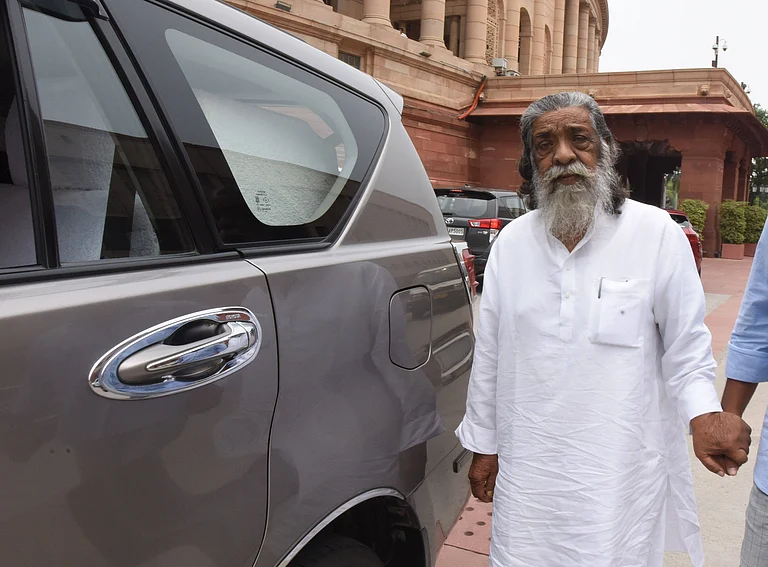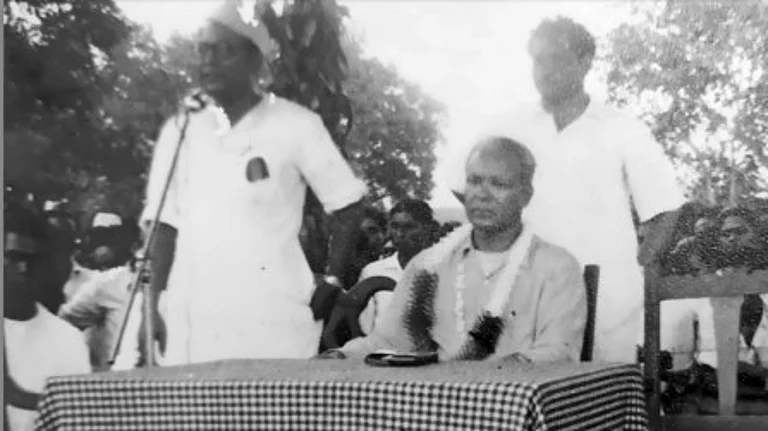On May 7 while addressing a rally at Chaibasa in Jharkhand, senior Congress leader Rahul Gandhi said that PM Modi wants to hand over Jal Jungle and Jameen of Adivasis to the industrialists. Emphasising the rights of Adivasis over their land and forest, he said, “The BJP wants to confine tribals to roles like domestic helps. They never want you to become doctors, engineers and lawyers. They want to hand over jungles to industrialists.”
This statement of Gandhi came at a time when the political discourse in Jharkhand is centred around the rights of the indigenous population. When the Enforcement Directorate arrested former Jharkhand Chief Minister Hemant Soren for his alleged role in a land grabbing case, it became a major electoral issue for Jharkhand Mukti Morcha. Just two days after his arrest, Soren on the floor of the house - as Champai Soren was proving his majority - said that the BJP can’t tolerate Adivasis driving BMW.
Kalpana Soren, who has taken over the campaign after Hemant is also bringing up the issues of Adivasi rights. Amidst the slogans of Jail ka tala tutega, Heman Soren chhutega, Soren roars, “The rights of Adivasi can’t be snatched.” The current CM of the state, Champai Soren, during an interview with Outlook said, “Whenever any Adivasi leader takes the political centre stage, ‘they’ have issues.”
Against this backdrop, the BJP has also tried to portray itself as the party of Adivasis. Last year, on the day of Birsa Munda’s birth anniversary, PM Modi launched projects amounting to Rs. 20,000 crores for the PVTG communities. Not only that, during the inauguration of Ram Mandir, he made a reference to Nishad king - an Adivasi who shared a cordial relation with lord Ram.
As the 14 seats of the state go to polls in the last four phases, Outlook revisits its Jal Jungle Jameen and Adivasi issue to understand how Adivasis matter for both the political coalitions. Will the votes of this 8 per cent population determine the fate of country? A journey through their politics gives an overall view.



























